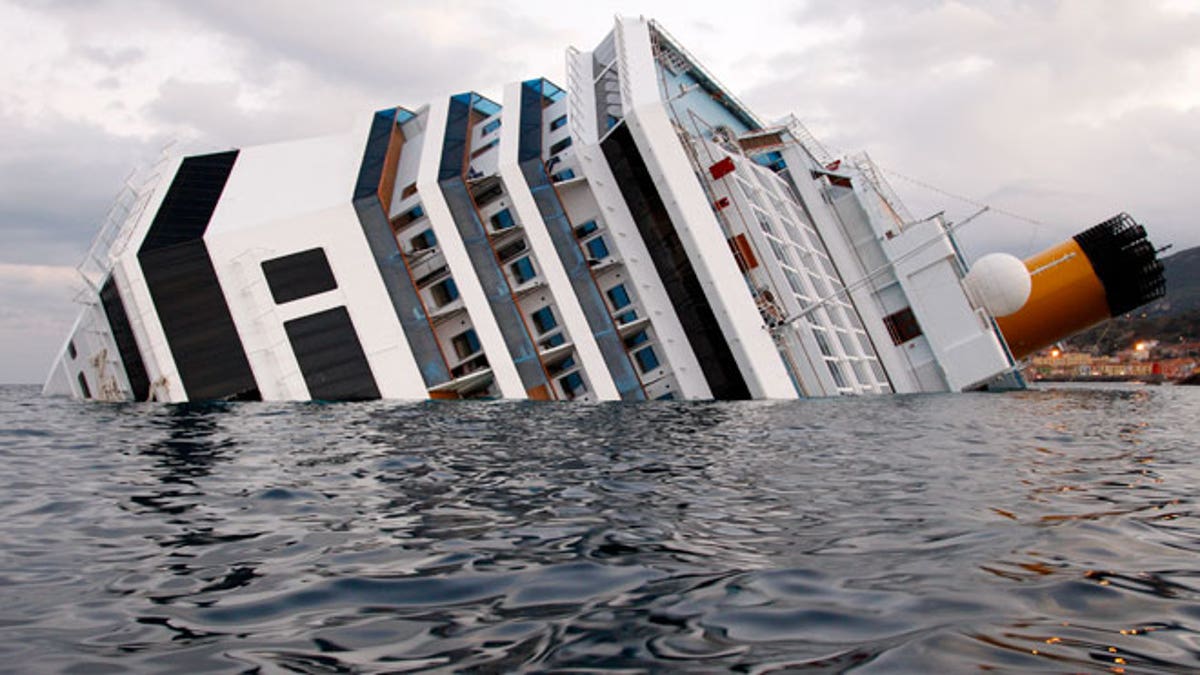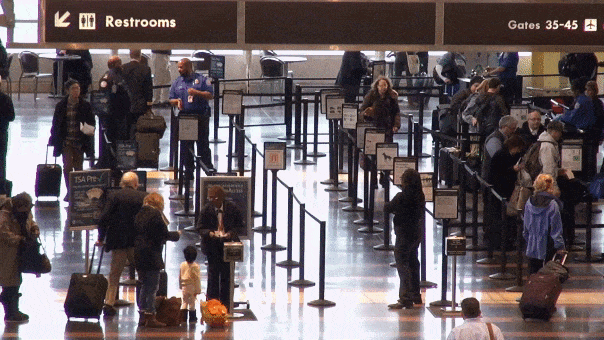
(Reuters)
With bodies still trapped inside Costa Concordia’s underwater tomb, Carnival (NYSE:CCL) now finds itself at the heart of scrutiny only likely to rise along with the death toll.
Carnival’s worst-ever wreck and one of the most high-profile incidents since the Titanic sank 100 years ago, it’s hard to imagine such a massive company blaming the disaster on a single person -- even if he did abandon ship early and steer a little too close to shore.
Even worse, while Carnival has vehemently denied earlier reports that it would offer survivors a 30% discount off future cruises, instead offering $14,500 each in compensation plus the cost of travel and a refund for the ill-fated cruise, its failure to douse rumors before they spread like wildfire didn't help its PR battle.
Meanwhile, Carnival’s CEO, Micky Arison, has only publicly surfaced through a few 140-character blips on Twitter and a short statement, leaving things in the hands of its lesser-known Italian subsidiary and Concordia operator Costa Cruises.
[pullquote]
Carnival’s shares plunged about 15% -- the most since September 2001 -- on Jan. 16, the first day of public trading after the Concordia’s hull was sliced open by rocks off the coast of Italy’s Giglio Island near Rome, killing at least 16 people.
The company is now on the hook for millions of dollars in damages, including a class-action lawsuit citing negligence and a breach of contract filed on Thursday by Concordia crewman Gary Lobaton on behalf of the ship's victims.
While Costa Cruises has been trying to keep the public informed through updates on its web site, the majority of observers are criticizing parent company Carnival’s absence in the aftermath, especially as new photos and videos surface of rescue workers scaling the toppled ship.
Some say Carnival should have learned from Wendy's PR failure during the infamous finger hoax in 2005 or taken a page from FedEx's crisis management book when it deflected criticism after an employee was caught tossing a computer over a fence. Others say the cruise industry as a whole should be mentored by airlines, which have become well-versed in deadly disasters.
“Any company that transports the public can take a page from the crisis management playbooks of the airline industry,” said Lexicon Communications CEO Steven Fink. “They really have a well-honed technique for handling these situations.”
But Fink, who is the author of “Crisis Management: Planning for the Inevitable” and is writing a new book about crisis management communication, said Carnival has had “plenty of opportunities to get [its] crisis management house in order” but hasn't done “anything at all.”
“To give them an ‘F’ acknowledges they even took the test [on crisis management], they haven’t even shown up to take the test,” he said.
To cap it all off, Concordia Captain Francesco Schettino, who has been on house arrest since the tragedy and faces serious repercussions, has been squaring off with his employer. Costa is pointing the finger at the captain’s “human error,” while Schettino claims the cruise line condoned the close-to-shore sail-by for promotional reasons.
“Certainly the captain deserves blame -- but these things are systemic,” said Ian Mitroff, president of consulting form Mitroff Crisis Management. “It’s easy to put the finger on just one bad apple but you still have to ask, ‘what about the whole system?’”
The mixed reports and confusion have angered observers and survivors, especially since all signs are pointing to employee negligence, which ultimately reflects back on the company.
Carnival officials “need to be visible, and they should have been visible from the get go,” Fink said.
Perhaps Carnival should have taken a lesson from FedEx (NYSE:FDX), which minimized loses by responding to public criticism through videos and statements within hours after an employee threw a computer monitor over a fence in December. While not minimizing the loss of human life, packages are to FedEx as safety is to cruise lines.
Having a face on-hand reassures the public that the company is doing all it can to ease post-disaster damage, including putting victims’ family members up in hotels or arranging transportation for survivors to get home.
“The buck stops at the top in good times and bad,” 5W Public Relations CEO Ronn Torossian said. “The boss has got to get his hands dirty.”
Arison has assured the public that his senior management team is in “continuous contact with the Costa executive team” and that senior-level technical experts, including chief operating officer Howard Frank, have been sent to Italy to provide additional support.
Still, people seem to be craving an in-person public statement from Arison, given the high number of deaths and bodies still unaccounted for, including an elderly couple from Minnesota.
It wasn’t until four days after the crash that Arison released a statement expressing his “heartfelt condolences” to the families affected by the tragedy and reiterated the company’s priority to “rescue and recovery efforts.”
“I would have expected that there would have been a CEO in a major international news conference answering, and certainly not ducking, questions,” Mitroff said.
Taking a backseat to a corporate disaster never bodes well for a company. Wendy's (NYSE:WEN), for example, saw its image smeared and it lost hundreds of millions of dollars before police determined that a finger found in a bowl of its chili in 2005 had been planted by a customer. The fast-food chain made the mistake of keeping quiet while authorities conducted a very public investigation.
“The fact of the matter is it’s your company, it’s your crisis, take charge of it,” Fink said.
Carnival now has to do some serious damage control to gain back customer trust, including an ongoing overhaul of its emergency and safety protocols to assure the public that if there ever is a next time, it will act differently.
Despite questions now circulating over the safety and evacuation procedures on larger ships, most predict the cruise industry will inevitably go unharmed in the long-run given the rarity of such accidents. Cruise bookings have remained strong through January.
"Other then the Titanic, I don’t remember a disaster of this magnitude where a ship hit something at sea and went down," Fink said. "People will come back to cruising."








































